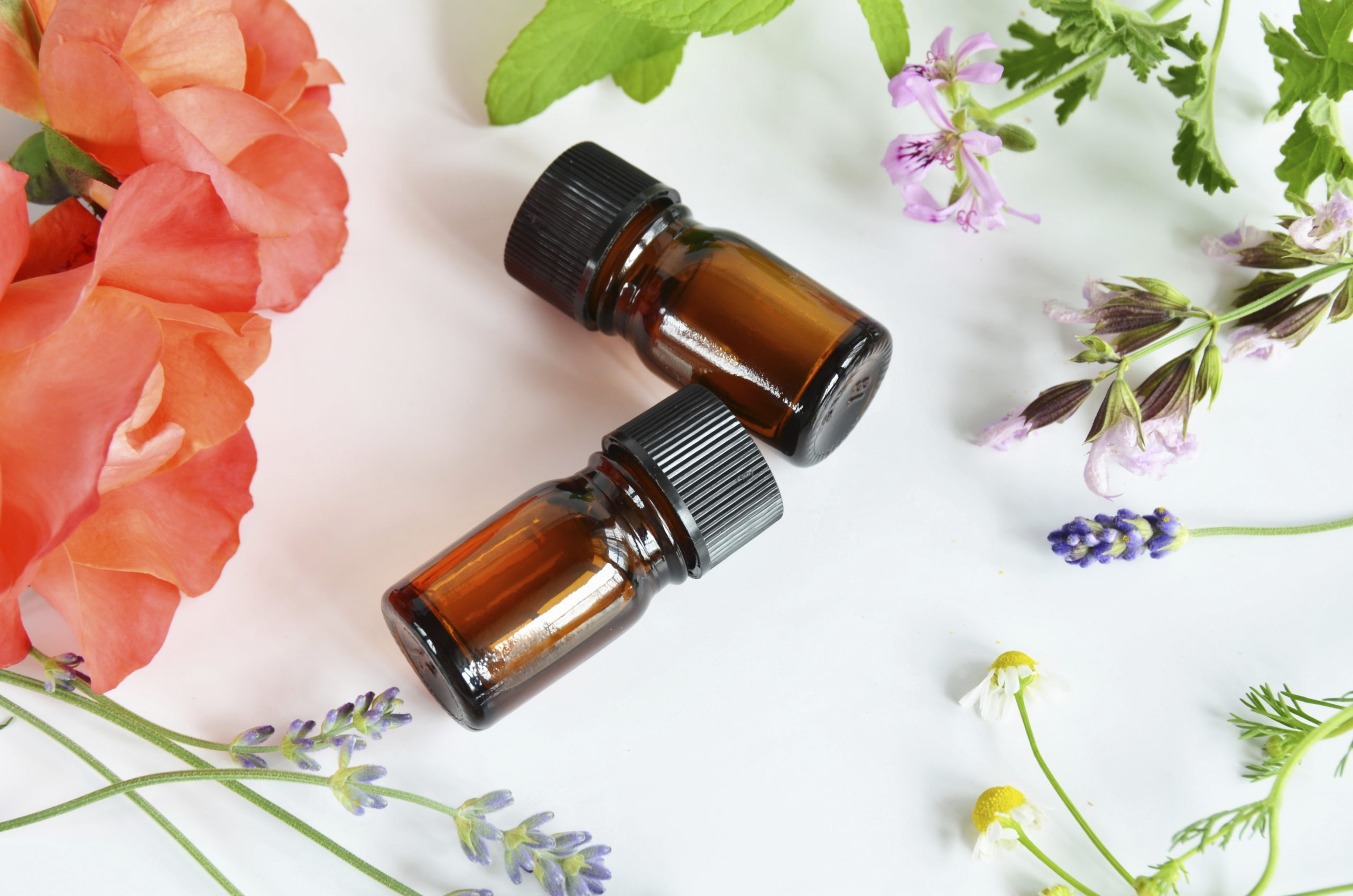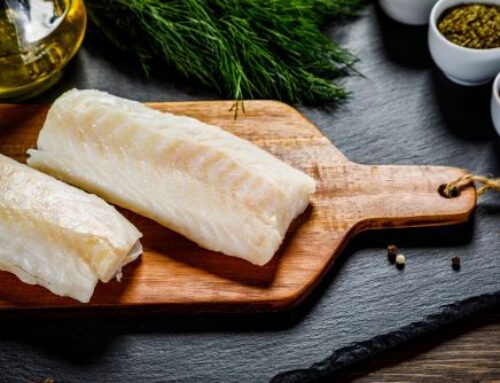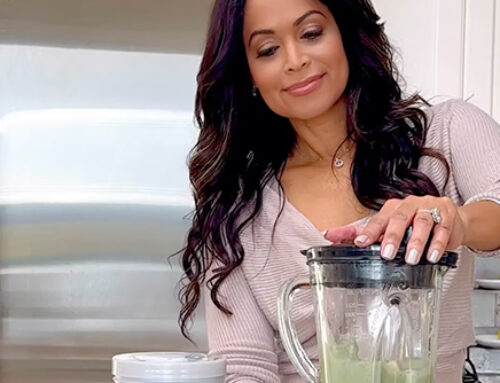Aromatherapy Starter Kit
Where do I start?
With the vast amount of essential oils to choose from you might be asking yourself that question. It’s best to start with the oils that are most useful to your personal needs. Use these tips to build a custom starter kit.
The first question you should ask yourself is:
How will the oils be used?
For example, if you are preparing to overhaul your kitchen and attic, or want to do some spring cleaning, naturally, you might decide that an essential oil in the antibacterial family like lemon, pine or tea tree are more appropriate. On the other hand, if you are seeking to use an essential oil for relaxing, meditating or personal hygiene, then you might want to try something like basil, frankincense, lavender, patchouli or ylang ylang. Other oils like eucalyptus, peppermint or rosemary are great for the medicine cabinet and can help when your muscles are sore from strains, sprains or over working.
Choose a carrier oil
In aromatherapy, vegetable, nut or seed oils are used to dilute essential oils and are called carrier oils and are also referred to as base oils. It is recommended that you always dilute essential oils with a carrier oil before using directly on your skin. Carrier oils that you purchase should be pure, unadulterated, naturally extracted, and always cold pressed. All carrier oils contain vitamins, minerals, and fatty acids in varying proportions and provide benefits to our overall health.
Coconut Oil
Organic virgin coconut oil means pure, unrefined and unbleached. Native to Asia and the Pacific Islands, for thousands of years the oil is made by using fresh coconut meat, which is wet milled or quick dried. The result is a clear coconut oil that retains the distinct scent and taste of coconuts. Light in texture, virgin coconut oil is considered one of the best carrier oils. It has great properties for the treatment of hair, the skin, and is exceptional for protection against the hard rays of the sun. Essential oil blends containing virgin coconut oil will last a very long time.
Jojoba Oil
A vegetable oil or liquid wax extracted from the beans or fruit of the jojoba plant found in North America. Colors can range from golden yellow (unrefined), to clear (highly refined). Jojoba oil combines readily with any essential or carrier oil, aiding their penetration into the skin. It is very similar in composition to human oil secretions. It is a radiant natural moisturizer, suitable for all skin types and in particular, an excellent conditioner for the hair. Jojoba has antioxidant properties and keeps other oils from going rancid.
Sweet Almond Oil
Is extracted from the kernels of sweet almonds in Sicily and Northern Africa. The oil is pale yellow in color. It is the most popular all-purpose carrier oil because of its light texture and pleasant scent. Almond oil is a good massage medium because it spreads easily and is easily absorbed by the skin.
It should be noted the following are often used when making home-made beauty products, but will not dilute essential oils: Aloe vera, baking soda, epsom salt,
glycerin or milk. All of these are water soluble – they dissolve in the bath, leaving the essential oils to float around undiluted.
Essential Oils (Start Small)
When you start using essential oils it’s important to start small with maybe three oils. Below is a list of five essential oils plus one absolute, which can be used for simple enjoyment and personal care.
Lavender (Lavender angustifolia)
The sweet aroma, relaxant and antimicrobial properties make it the most versatile of the essential oils. It has antibiotic, sedative and antidepressant properties. It is known to stimulate the immune system. A calming oil, which treats insomnia and headaches, lavender is also renowned for its ability to hasten the healing of wounds, but what’s most important about lavender is it provides healing on a spiritual level.
Eucalyptus (Eucalyptus globulus)
Some of its many properties include; analgesic, antiseptic, deodorant and expectorant. Its anti-infectious and wound-healing properties make it a must-have household item. With metropolitan air quality declining, this environmental air purifier should be in widespread use. Keep the air clean with eucalyptus oil…start diffusing it today!
Tea Tree (Melaleuca alternifolia)
A powerful antiseptic for its great value in aiding concentration. It can be used to combat bacteria and it is excellent for skin conditions, such as acne. Tea Tree is the most used first-aid oil in the practice of alternative medicine. It seeks to cure infections like sunlight removing shadows. Every medicine cabinet should have a bottle.
Lemon (Citrus limon)
Is recognized universally as antiseptic and antibacterial. Lemon is known to stimulate the lymphatic and digestive system. Lemon is a powerful cleansing agent that purifies the air and surfaces, and can be used as a non-toxic cleaner throughout the home. When added to water, Lemon provides a refreshing and healthy boost throughout the day. Writing in her 1931 book on herbal medicine, Maude Grieve says, “The lemon is the most valuable of all fruit for preserving health.”
Peppermint (Mentha x piperita)
From childhood, we’re all familiar with the uplifting and refreshing scent of peppermint. Reports are abundant on its properties to improve digestion, to reduce minor headaches, and it also acts as a stimulant when fatigue sets in. Lastly, if you suffer from a muscle cramps and spasms, you may want to give peppermint oil a try! Combined with a carrier oil, when massaged it warms the muscles and helps reduce pain.
Rose Absolute (Rosa x damascene)
Rose absolute is prized for all it offers on an emotional level, it is an antidepressant and may help with depression and anxiety. In skin care, rose nourishes all skin types. Add a single drop into a fragrance-free moisturizer and watch as the your most basic cream takes on the light pink hue and becomes your most trusted healing beauty cream.
The flower matches the female cycle of maiden and mother. At each stage of life,
rose absolute can be a trusted oil of choice for healing the body, mind and spirit.
Other Ingredients you can add to your kit (optional)
1. Dried herbs. e.g. basil, chamomile, lavender, peppermint, lemon verbena.
(Herbs can be used when making face/body scrubs or toners).
2. Spring water (For spray items, like room sprays).
3. Castile soap, fragrance free. Dr. Bronner’s is a popular brand. It’s both a fair trade brand and organic, if you plan on making your own shower gel or hand soap).
4. Glass jars (for face/body scrubs or face creams), roller bottles (for topical applications),
spray bottles or spritzer bottles (For room sprays, toners).
5. Labels (To date and name your products).
6. A great diffuser. The Ultrasonic diffusers are a special type for dispensing essential oils into the air. Using high frequencies, the unit separates the essential oils into small particles producing a micro-mist that is circulated into the atmosphere. The mist stays in the environment for many hours.
7. A notebook (to write down your steps and blends).
8. An aromatherapy book: The Complete Book of Essential Oils and Aromatherapy (Paperback) by Valerie Ann Worwood. (Available at Amazon).
This aromatherapy kit is a great starting point for collecting your favorite essential oils, and for adding other ingredients to help you make your own homemade beauty products or cleaning products. Bring essential oils into your home and watch them change your life!
Safety
Do not take any essential oils internally.
Do not use essential oils without a carrier (base) oil.
Aromatherapy is a Complementary Alternative Medicine (CAM) and is not meant,
in any form, to replace medical care. Information and statements made are for educational purposes only and are not intended to replace the advice of your doctor.
Aromatherapy Thymes magazine at barnesandnoble.com
Other links – http://aromatherapythymes.com
http://instagram.com/aromatherapythymesmag





Leave A Comment